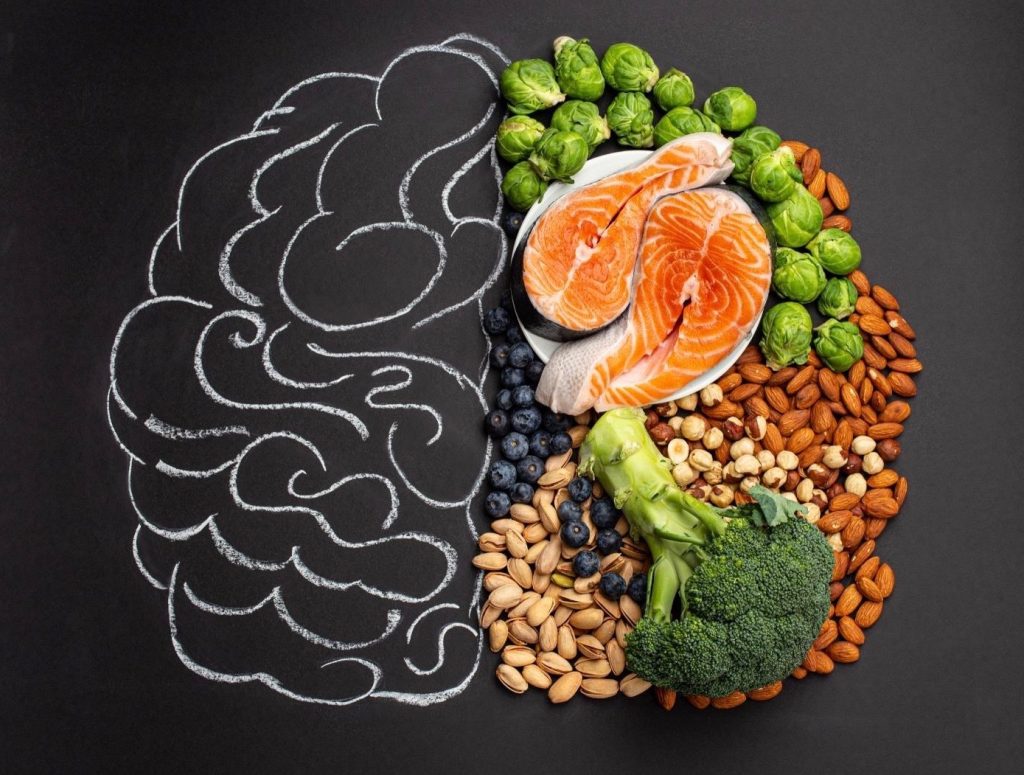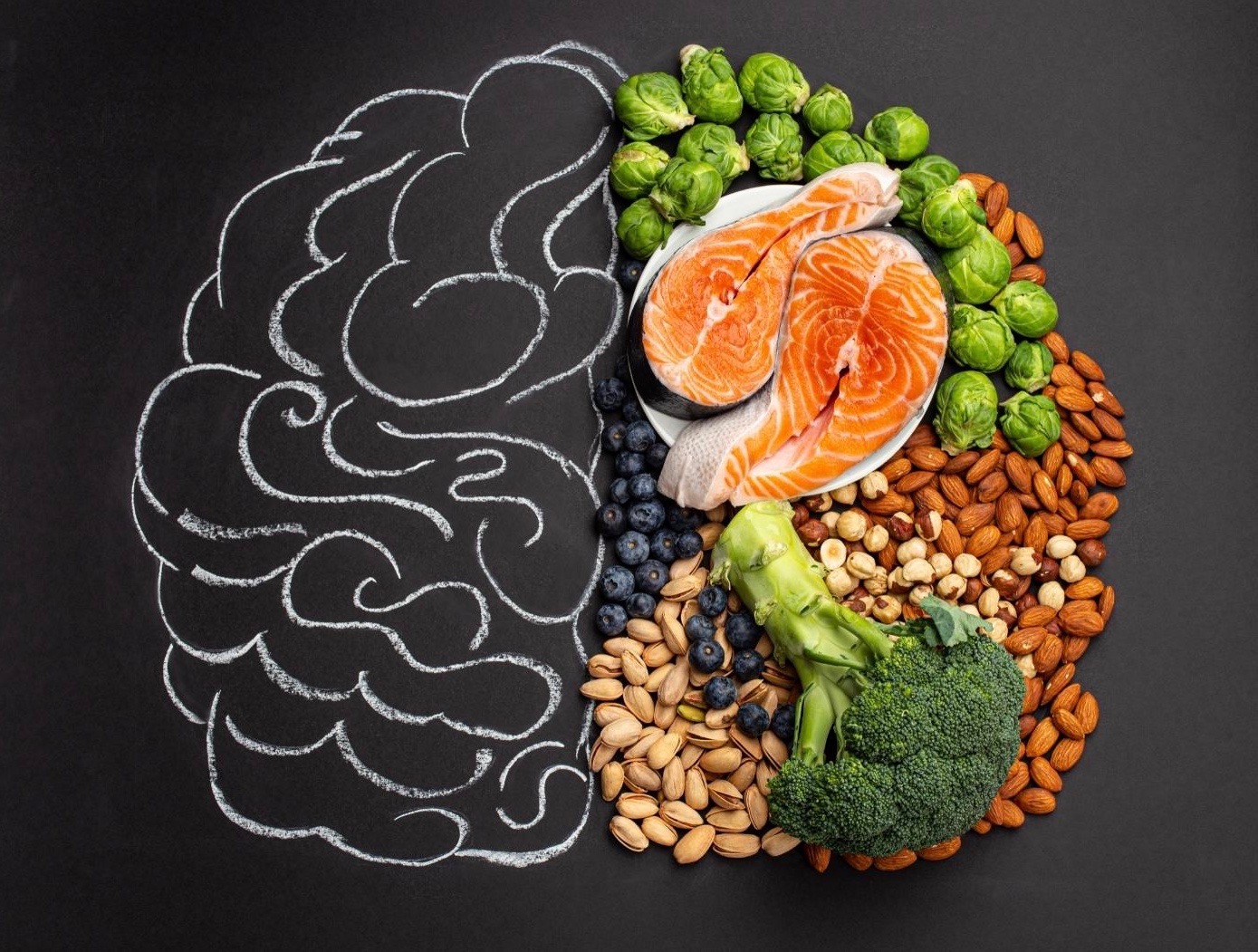
Unmasking the Hidden Diet Culture
We’re surrounded by diet culture, and many of us have unknowingly absorbed it due to cultural conditioning over the years. While we can easily identify traditional diets, like Atkins or South Beach, the world of dieting has evolved. Nowadays, they don’t advertise “diets” but promote it as “wellness” – a subtler form of diet culture. This veiled diet culture can make you lose touch with your body and impede your intuitive eating path. Discover the hidden forms of diet culture below.
Image description: A frustrated woman with dark hair in an orange sweater symbolizing the struggle against hidden diet culture.
When individuals first learn about diet culture and start to unravel its influence, they instantly notice its conspicuous manifestations.
For instance, doctors advising weight loss because someone’s BMI indicates “overweight” (which is a flawed and non-scientific measure).
We are all familiar with popular diets, such as WW (once Weight Watchers), keto, Paleo, and Jenny Craig, which directly offer weight loss solutions.
But, how do we recognize the less evident aspects of diet culture?
Spotting the Undercover Diet Culture
Throughout my experience with clients, I’ve identified two types of diet cultures – the clear-cut one, and the more elusive form.
Many clients, weary of dieting, stop limiting food intake or calorie counting. They begin enjoying a broader food range and aim to reconcile with it.
Yet, even as they attempt to break free from the confines of diet culture, they often fall prey to its more covert manifestations.
These sly versions don’t blatantly advertise weight loss but promote “healthier eating” masked as wellness, making them harder to discern.
Nevertheless, the underlying message remains: adhere to this regimen, adopt these habits, and you’ll become “healthier” (read: slimmer). They still capitalize on societal fears about obesity and the moral judgments linked to food selection and physique.
Subtle Signs of Diet Culture
One client, after practicing intuitive eating for a while, consulted me for further nutrition guidance and body image improvement. During our sessions, it became evident that although she had discarded overt dietary restrictions, latent diet culture norms influenced her daily life.
For instance, she mainly shopped for fresh produce, an unconscious residue from her dieting phase. As we delved deeper, she admitted that she clung to the notion that “fresh is superior”, only considering freshly prepared fruits and vegetables.
This unconscious mindset hampered her from adopting a balanced nutrition approach. Together, we introduced convenient frozen and canned alternatives to diversify her diet.
Other subtle indications include:
- Avoiding processed foods.
- Steering clear of frozen/canned produce.
- Monitoring food intake.
- Fasting or detox routines.
- Advocating moderation.
- Pursuing “pure” diets.
- Feeling remorse after consuming certain items.
- Fearing weight gain.
- Praising someone for shedding weight.
Despite thinking you’ve abandoned diet restrictions, subconscious limitations might linger, distancing you from your bodily cues and possibly leading to overcompensation and binge eating.
The Wellness Diet Illusion
Christy Harrison, an author and expert, highlights the ‘Wellness Diet’. This trend cleverly shifts from weight-centric goals to wellness. Don’t be deceived by the rebranding; it’s still the same oppressive system now parading as “health and wellness”.
Such programs might comprise:
- “Pure” diets
- Intermittent fasting
- Detox rituals
- Avoiding gluten or dairy without valid allergies
- Selective diets
- Noom
- The revamped WW (Weight Watchers)
Many of these diets subtly insinuate weight loss without directly stating it.
Regardless of its label – wellness, lifestyle, or another term, if it prescribes your eating habits, it’s essentially a diet.
Numerous emerging plans, businesses, and applications vow a diet-free solution with sustainable outcomes. But often, their undertone still suggests a magic remedy for permanent weight loss, a concept debunked repeatedly.
Confronting and Dissecting Diet Culture
Recognizing the omnipresence of diet culture, its frequent mentions can irk you. As your awareness grows, you may feel compelled to counteract it. Feeling indignant or vexed is a common and valid reaction.
By identifying an issue as stemming from diet culture, we can begin dismantling it.
- Recognize and reflect on diet culture’s detrimental impact.
- Identify the ways it infiltrates our lives.
- Expose and label it.
- Reevaluate your notions and adjust your behaviors accordingly.
Proclaiming, “This is diet culture,” can assist in reevaluating your perspectives on food and body image. Recognizing it consistently eases the path to distancing oneself from it.
Note: This article features modified excerpts from my upcoming book, “Unapologetic Eating: Make Peace with Food and Transform Your Life.”




